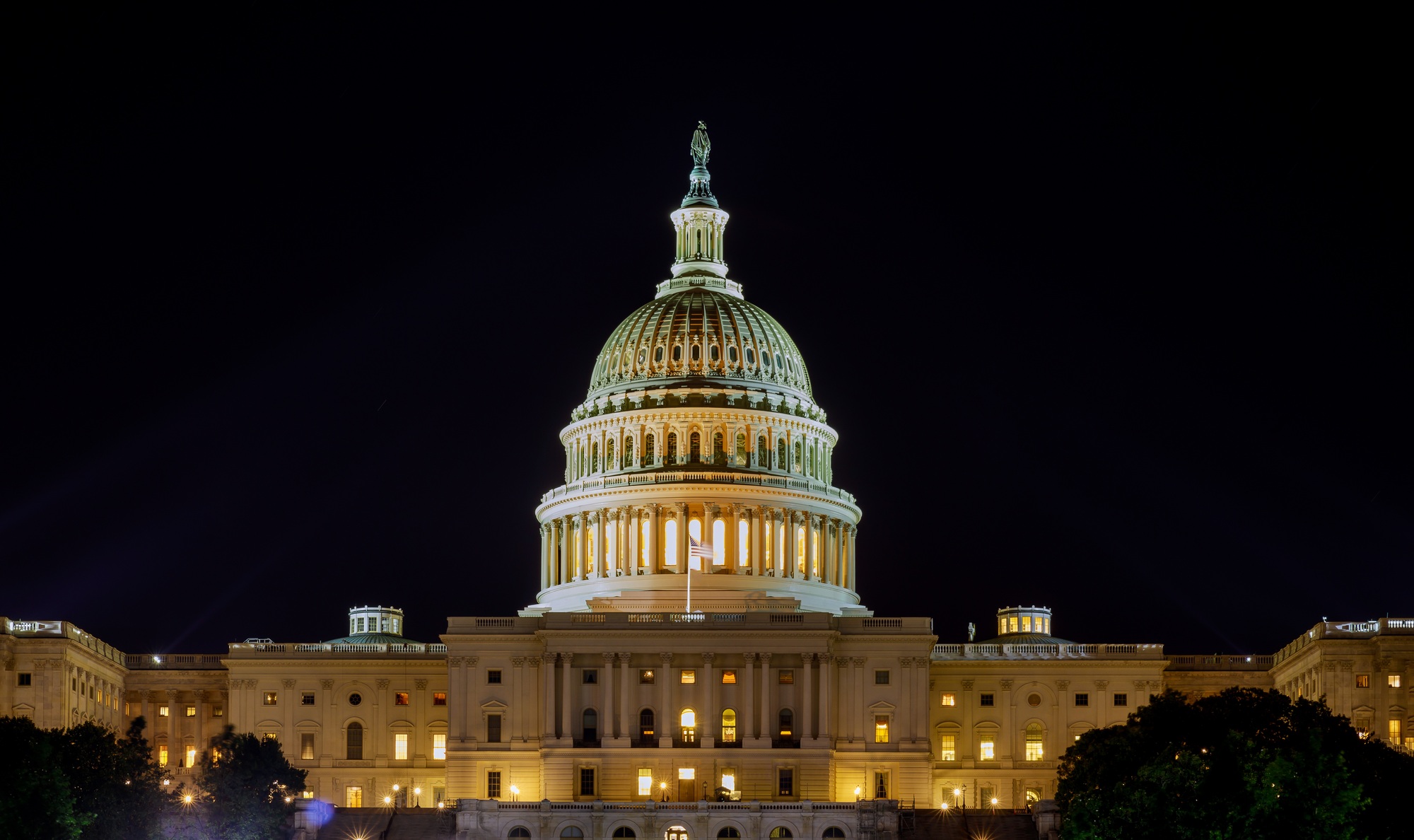Senate Democrats have outlined their key priorities for establishing a comprehensive market structure for cryptocurrencies. This move signifies a growing effort within the U.S. legislative framework to regulate digital assets more effectively and protect investors from potential fraud and systemic risks.
In recent months, the cryptocurrency sector has experienced increased volatility, with major digital assets like Bitcoin and Ethereum facing significant price swings. These fluctuations have prompted policymakers to consider more structured regulatory approaches to prevent market manipulation and ensure transparency.
The Democrats’ outlined priorities include implementing stronger oversight of crypto exchanges, enhancing transparency in digital asset transactions, and creating clear guidelines for compliance with existing securities laws. They aim to address concerns about market manipulation, insider trading, and the lack of accountability among some crypto service providers.
The proposed measures also focus on investor protection, with calls for improved disclosure requirements and mechanisms to prevent fraud. These initiatives are expected to foster greater trust and stability in the digital asset ecosystem, which has faced skepticism from traditional financial institutions and regulators.
Impact-wise, these priorities could influence the development of the crypto industry by encouraging responsible innovation while safeguarding financial stability. Crypto companies, investors, and legal experts are closely monitoring these developments as they could lead to new regulatory frameworks that shape the future of digital assets in the U.S.
Market reactions have been mixed, with some industry stakeholders welcoming clearer rules, while others express concern over potential overregulation that might stifle innovation. Analysts suggest that the legislative process will likely involve negotiations to balance regulation with market growth.
Looking ahead, attention will be on congressional hearings, potential bill proposals, and regulatory agencies like the SEC and CFTC. The next steps include detailed legislative drafts, stakeholder consultations, and possible bipartisan support to advance these priorities into law.
What is the main goal of the Democrats’ crypto policy priorities?
The main goal is to establish a clear regulatory framework that enhances transparency, investor protection, and fair market practices within the crypto industry.
How might these priorities impact crypto exchanges and digital asset users?
They could lead to stricter oversight and compliance requirements, potentially increasing operational costs but also fostering a safer trading environment.
What are the next steps in the legislative process for these crypto priorities?
The next steps include drafting bills, holding congressional hearings, and engaging stakeholders to build bipartisan support for comprehensive crypto regulation.







